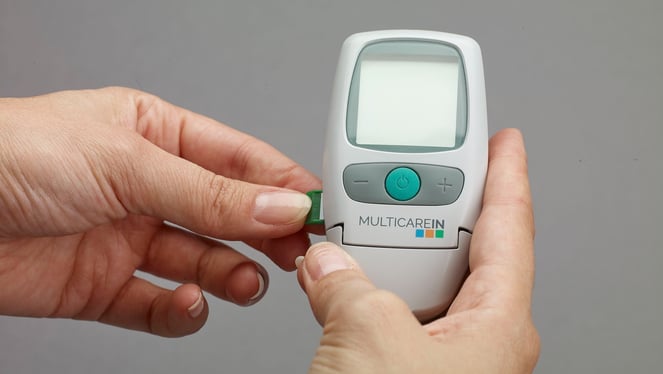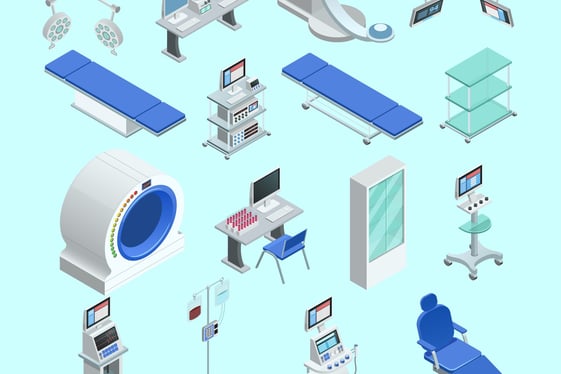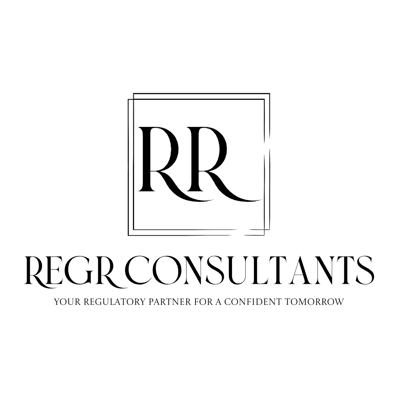Medical Industry




The US FDA defines a medical device as:
"an instrument, apparatus, implement, machine, contrivance, implant, in vitro reagent, or other similar or related article, including a component part or accessory which is: recognized in the official National Formulary, or the United States Pharmacopoeia, or any supplement to them,
intended for use in the diagnosis of disease or other conditions, or in the cure, mitigation, treatment, or prevention of disease, in man or other animals, or
intended to affect the structure or any function of the body of man or other animals, and which does not achieve its primary intended purposes through chemical action within or on the body of man or other animals and which is not dependent upon being metabolized for the achievement of any of its primary intended purposes."
Is my product a device or drug?
RegR Consultants can help you determine whether your product falls under the classification of a medical device. If your product is marketed or utilized in a way that aligns with the FDA's definition of a medical device, it will be regulated as such. This means it will be subject to the FDA’s laws and regulations throughout its lifecycle—before, during, and after it is introduced to the market in the United States. Our expertise ensures that you navigate these regulations effectively, from initial classification and pre-market requirements to post-market compliance and reporting.
What medical device requirements are verified at the time of importation?
At the time of importation, the major FDA requirements that needs compliance are as follows:
Registration
Listing
US FDA Medical Device Registration and Listings
An owner or operator of an establishment not exempt under section 510(g) of the Federal Food, Drug, and Cosmetic Act or subpart D of 21 CFR Part 807 who is engaged in the manufacture, preparation, propagation, compounding, assembly, or processing of a device intended for human use shall register and submit listing information for those devices in commercial distribution, except that registration and listing information may be submitted by the parent, subsidiary, or affiliate company for all the domestic or foreign establishments under the control of one of these organizations when operations are conducted at more than one establishment and there exists joint ownership and control among all the establishments. The establishments are required to renew the registration annually and pay the FDA annual fee. Many establishments who are registered with the FDA need to list their products too. We can assist you to determine if you need to comply with the listing requirements or not.
US FDA Medical Device 510(k) Submission Process
The US FDA medical device 510(k) submission process or premarket notification process is the pathway through which a firm gets entry into the US Market to sell their products commercially in the US Market. The 510(k) process is method of establishing substantial equivalence to an already 510(k) cleared device in the US commercial market and proves to the FDA that your new device is at least as safe and effective as the predicate device.
US FDA Unique Device Identification (UDI) and Global Unique Device Identifier Database (GUDID)
The FDA established the unique device identification system to adequately identify medical devices sold in the United States from manufacturing through distribution to patient use. When fully implemented, the label of most devices will include a unique device identifier (UDI) in human- and machine-readable form, which will ultimately improve patient safety, modernize device post market surveillance, and facilitate medical device innovation. The Global Unique Device Identification Database (GUDID) is a database administered by the FDA that will serve as a reference catalog for every device with a unique device identifier (UDI).
US FDA Electronic Medical Device Reporting (eMDR)
Collection of adverse event information on medical devices is mandated by Medical Device Reporting (MDR) requirements of the Food Drug and Cosmetics Act (FD&C Act) (21 USC 360i), and comes primarily from manufacturers, user facilities, importers and voluntary reporters. The electronic Medical Device Reporting (eMDR) project provides the capability for electronic data entry and processing of medical device adverse event reports.
Certificate of US FDA Registration and Listings
The firms registered with the FDA are often requested by their clients or customers or suppliers to verify their FDA registration. RegR Consultants will provide you with the certificate of registration and listings.
US FDA Certificate to Foreign Government (CFG) Application
A Certificate to Foreign Government is issued by the US FDA to the US FDA registered firms who legally market devices in the United States that are in compliance with the requirements of the Federal Food, Drug, and Cosmetic Act (FD&C) and who want to export the device to foreign countries. A CFG may be required by foreign customers or foreign governments in order to legally sell their products in their market.
Consulting
Expert guidance for your Regulatory Requirements
Email Us:
© 2024. All rights reserved.
